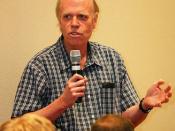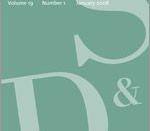Individuals are often faced with situations where the discourse being practiced is unfamiliar to them. What gives rise to this feeling of uncertainty and discomfort? When people enter the world as infants, they are born into a specific discourse, usually their nationality or location of birth. But as we grow older and gain new experiences, we are confronted with various other discourses and we acquire an additional set of discourses. James Paul Gee and Brian Street may not completely agree with the previous statement mentioned, yet through the use of David Bartholomae and Paulo Freire's argument, I will reveal the plausibility of an individual to fully acquire and possess multiple discourses. It is to be noted that there are certain procedures that an individual can elect in order to attain full fluency in a given discourse; being able to participate in a specific discourse does not arrive in an instant.
Paulo Friere, the author of "Pedagogy of the Oppressed", believes that knowledge exists everywhere and through invention and re-invention, people are capable of obtaining this knowledge. However, solely taking in information is not sufficient. One must be able to take this newfound knowledge and apply it to the real world. To be able to enter into a discourse and be comfortable in the setting, Friere determined that the individual themselves must be confident and perceive themselves as "insiders". The need to see reality in process and the inevitable way society is constantly transforming is crucial. He also believes that the word is the right of every man and not just the privilege of a given few. David Bartholomae, the author of "Inventing the University" feels similarly on this issue. He believes that an individual is able to move into a discourse and call it its own when they discover a...


